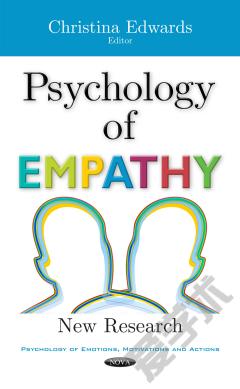Psychology of Gratitude: New Research
Gratitude is a disposition or mood that enables people to respond positively for the benefits they receive from people, nature, or a moment of peaceful bliss. Past research has recognized gratitude as one of the most important virtues a person can have. It has been demonstrated that there are psychological, interpersonal, personality, and physical benefits to being grateful. Chapter One of this book provides an overview of what previous gratitude research has shown, what present research introduces to the literature, and what future research needs to enhance the theoretical understanding of gratitude development in youth. Chapter Two explores the correlations between filial acts and parenting practices. Chapter Three taps into the unique function of routine household chores as a vital means in developing gratitude in children, which plays a key role for an affective family bond between parents and their children. Chapter Four explores whether gratitude explains variance in loneliness after controlling for socio-demographic factors, the Big 5 factors, and life satisfaction. The final chapter reviews the role of both dispositional gratitude and envy on career adaptability in young adults.
{{comment.content}}








 京公网安备 11010802027623号
京公网安备 11010802027623号